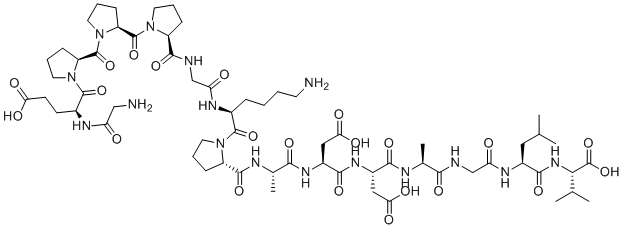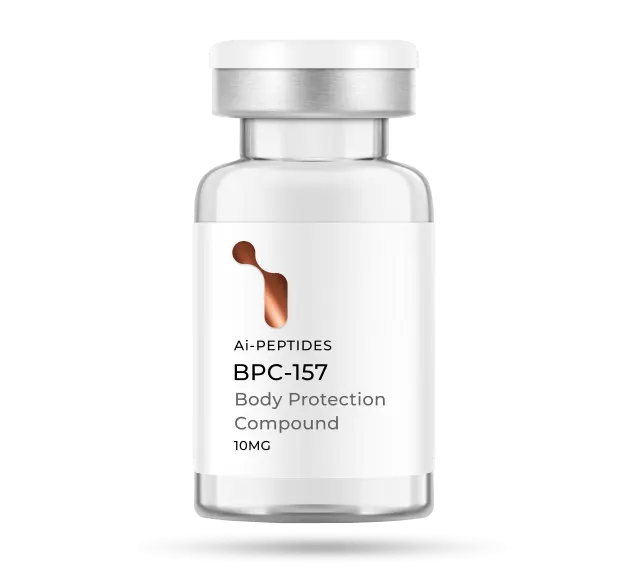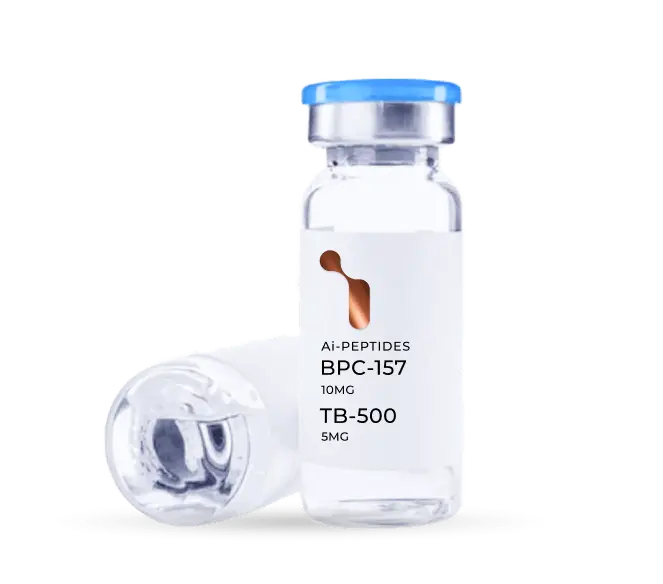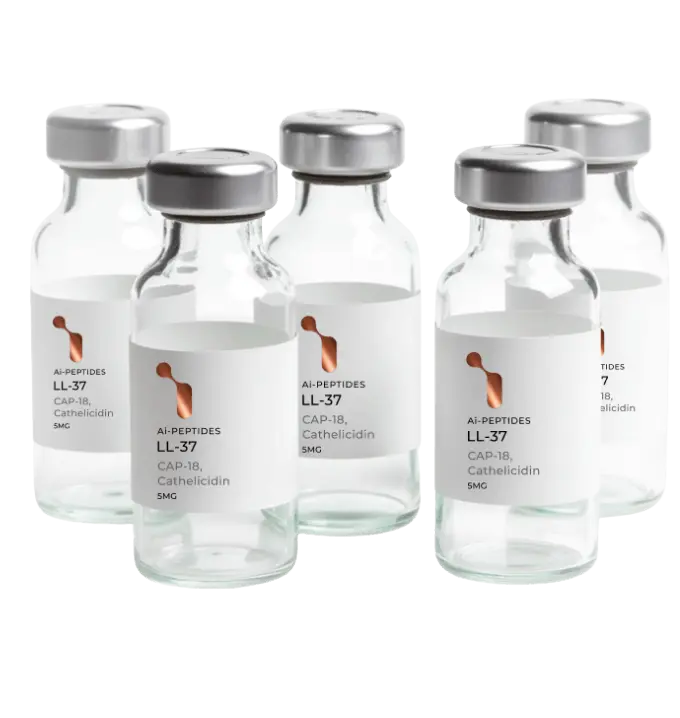BPC 157 is a peptide that has demonstrated anti-inflammatory, cytoprotective, and endothelial-protective effects in different organ systems in different species. BPC 157 activated endothelial nitric oxide synthase (eNOS) is associated with nitric oxide (NO) release, tissue repair and angio-modulatory properties which can lead to improved vascular integrity and immune response, reduced proinflammatory profile, and reduced critical levels of the disease. As a result, discussion of its use as a potential prophylactic and complementary treatment is critical.

Figure 2: BPC 157 Molecule
Researchers hypothesize BPC 157 to be a promising future treatment for COVID-19 patients. Plausibly, BPC 157 may offer improved COVID-19 outcomes by mitigating cytokine derailment and subsequent multi-organ failure based on its anti-inflammatory, cytoprotective, and endothelium-protecting effects (e.g., through BPC 157-eNOS interactions). Furthermore, BPC 157 applications may obstruct viral replication, improve clinical and biochemical parameters, attenuate organ damage from the systemic alterations, provoked from SARS-CoV-2. Support for such a hypothesis is explained in further detail below.





